K4 Preschool Plans for the Fall
Last week we started back to school, but I thought I’d spend a few minutes sharing our overall goals this for this next semester. I’ll start off sharing our plans for ED’s preschool. Early next week I’ll share the plans for DD (age 6) and LD (almost 9).
Math
This year I decided to go with Right Start Math Level A for ED (age 4). I did this curriculum with LD years ago, but only used it a bit with DD and found something else that worked; we made an international move when DD was 4 and somehow this curriculum didn’t fit our topsy-turvy life at that time. Right Start seems to be a perfect match for ED. It’s gentle, very hands-on and very interactive. I like that it Dr. Joan Cotter is trained in Montessori. The curriculum she designed incorporates the use of lots of manipulatives including an abacus, card games, and lots of visualization. I think ED will do really well with this. I’m sure I’ll supplement it with lots of games, but I like having something tangible and straight forward to work from as I juggle the needs of all three of my kids.
Below we’re playing a memory game matching combinations that make 5 (0/5, 4/1, 3/2). In the other picture ED was counting by 10s (though she was sliding the beads from bottom to top instead of top to bottom).
Science
We will use a lot of our Montessori materials, but we’re actually following along with a simple science textbook as a spine. I feel like I’m juggling so much that I wanted a straight-forward path to guide me. DD was so excited about ED’s textbook that I got her one on her level to read just for fun! Our Life Science Plans for ED this fall look like this. (You can print it out if you’re interested.) We started with the 5 senses this past week.
We’ll do lots of Montessori activities and science experiments as we make our way through the book. I also plan to use a lot of crafts and activities from kidssoup.com (a paid, membership website) to go along with that. To a certain extent she’ll also do the science activities I’ll be doing with the other kids (more about those plans in another week or so).
Reading:
Read Alouds: As always we’re doing lots and lots of read alouds. We read at breakfast. We read on the couch. We read when we’re tired and grumpy. We read during lunch. We read at night. Anytime is a perfect time for a book! I made a list of a lot of the suggested books from Sonlight and ordered many of those from the library. Plus, we’ll make our way through many of the books suggested in the Five In a Row curriculum. We don’t do many of the activities in that curriculum, but if you want to see how amazing Five in a Row can be, you just have to visit Delightful Learning! So far we’ve read the books Owl Moon (affiliate link) and The Salamander Room.(affiliate link)
Learning to Read: As I mentioned earlier this summer, ED is also learning to read. She’s going back and forth between the free Sam books I mentioned a few weeks ago and the Bob Books (affiliate link).
She has made her way through most of the worksheets I made to accompany the Bob Books (see photo below), so I’ll be making a new packet at some point soon! I’ll also use some of the material Erica has made over at Confessions of a Homeschooler and will put those in ED’s workbox from time to time.
History/Geography:
This semester/year we will be studying World Cultures – starting with Africa. I’ll talk more about that when I go over the plans for DD and LD this next year. Lots of pin maps are in our future!
One book I highly recommend is Somewhere in the World Right Now. It has led to a lot of discussions about the different time zones around the world and is a great supplement to an introduction to geography. We read it every day last week! I highly recommend it for the 4-7 year old crowd.
At the moment, ED loves mazes and I found a wonderful website by Krazydad where he offers lots of mazes on different levels (easy, intermediate, challenging, difficult, tough and super tough). I printed out a lot of those and she’s been making her way through lots of those! You’ll find Krazydad’s printable mazes here.
Play:
Another important part of ED’s preschool this year is play! We have a couple new games to add to the games cabinet, but I try to be mindful of putting out two or three new board games each week and finding time to sit down and play with her (and invariably with the other kids as well!!) It goes without saying that the girls/kids play a lot of imaginative games, dress up, do crafts, draw and generally have fun together!
Outdoor Time:
We also spend lots of time outdoors playing, exploring, swimming, jumping on the trampoline, looking at plants in the gardens, zooming along the zipline, and enjoying the beautiful world around us!
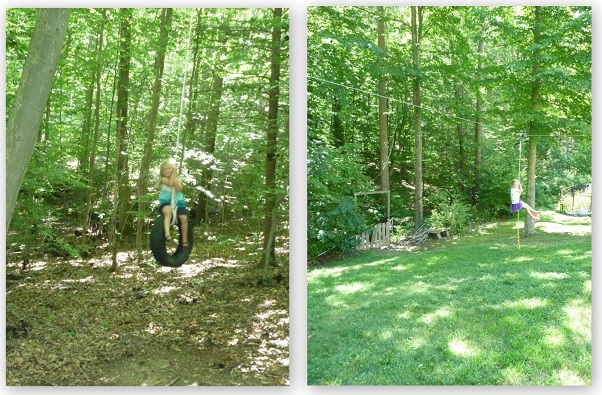
See you again soon here or over at our Homeschool Den Facebook Page. Don’t forget to Subscribe to our Homeschool Den Newsletter! ~Liesl
You might be interested in these related posts:
- 5 Senses Activities:
- Teach Your Child to Read – A collection of many of the activities our kids did while learning to read.
- I made another 15-page packet to accompany the Bob Books – Set 2 (Advanced Beginner).
I’d just love to hear from you if you found it useful. ~Liesl
You May Be Interested In These Related Posts:
- What Has My Preschooler Been Doing To Lately?
- Preschool at Home: Activities you can do with your 2-4 Year Olds, Fine Motor Skills
- Preschool at Home: Learning Letters
- Preschool at Home: Alphabet Activities
- Preschool at Home: Handwriting
- Preschool at Home: Science for 2-4 Year Olds
- Preschool Montessori: Vertebrate and Invertebrate Study and Free Cards
- Preschool at Home: A Few Math Ideas for the 2 1/2-3 year old crowd
- Preschool Math Activities (K4) Montessori Math and More
- Preschool at Home: Lapbooks
- You might also be interested in the post: Homeschool Preschool Year in Review which was a recap of many of our preschool activities this past year.
- Preschool Geography: Activities for learning about where we live in the world, Montessori world map work and more
- Preschool Geography: Maps and More
- The Seven Continents and World Landmarks
- Teach Your Child to Read
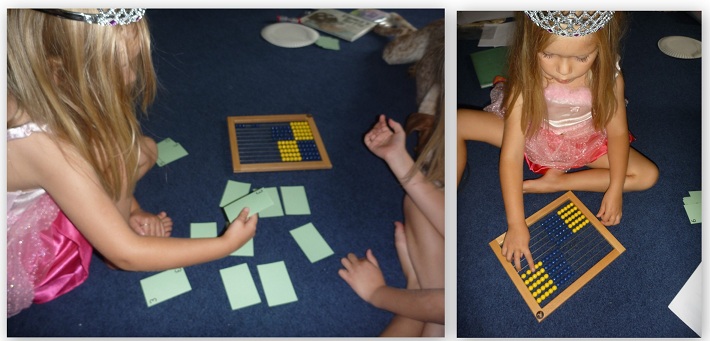
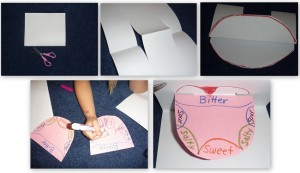
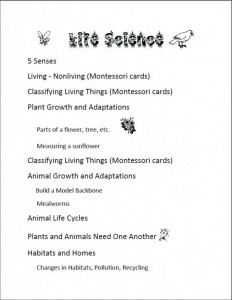
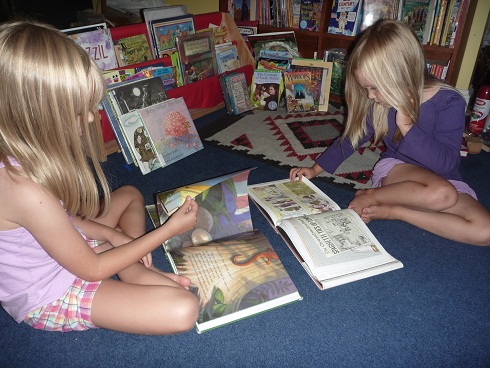
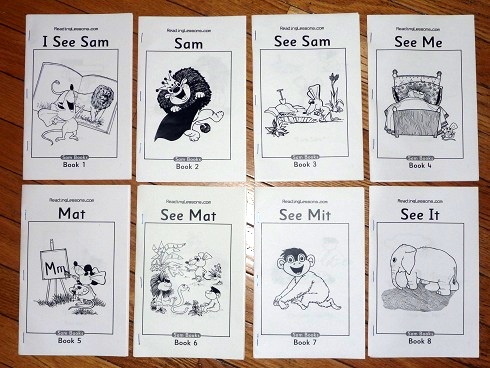
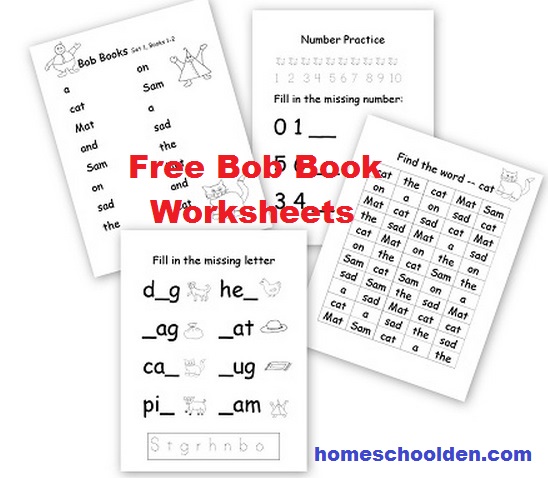

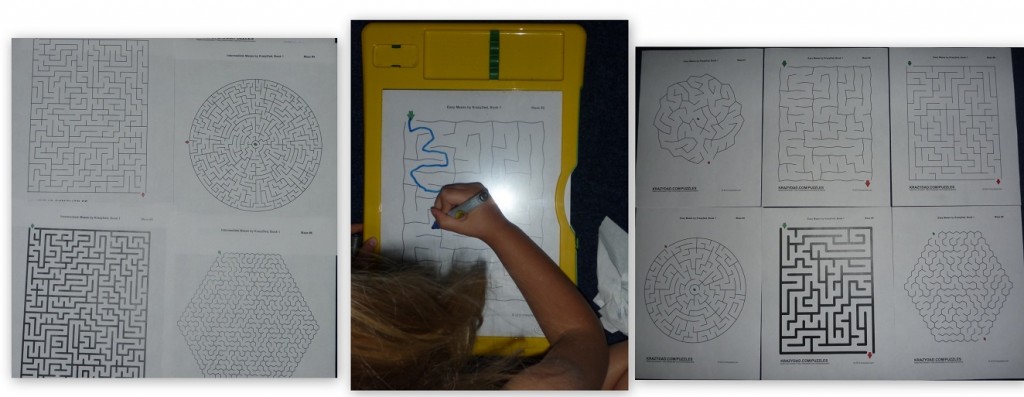
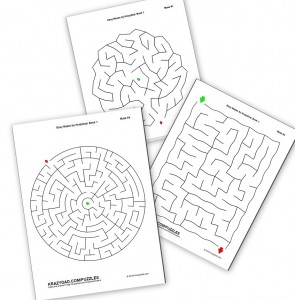
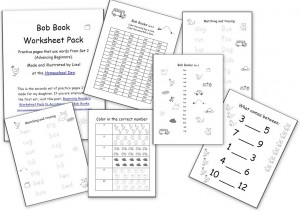

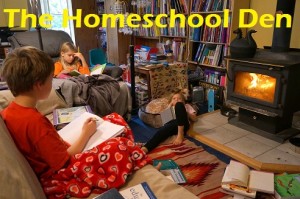
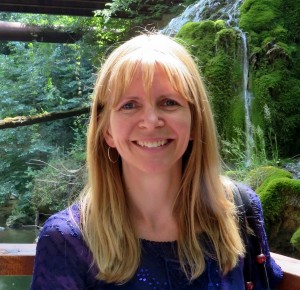
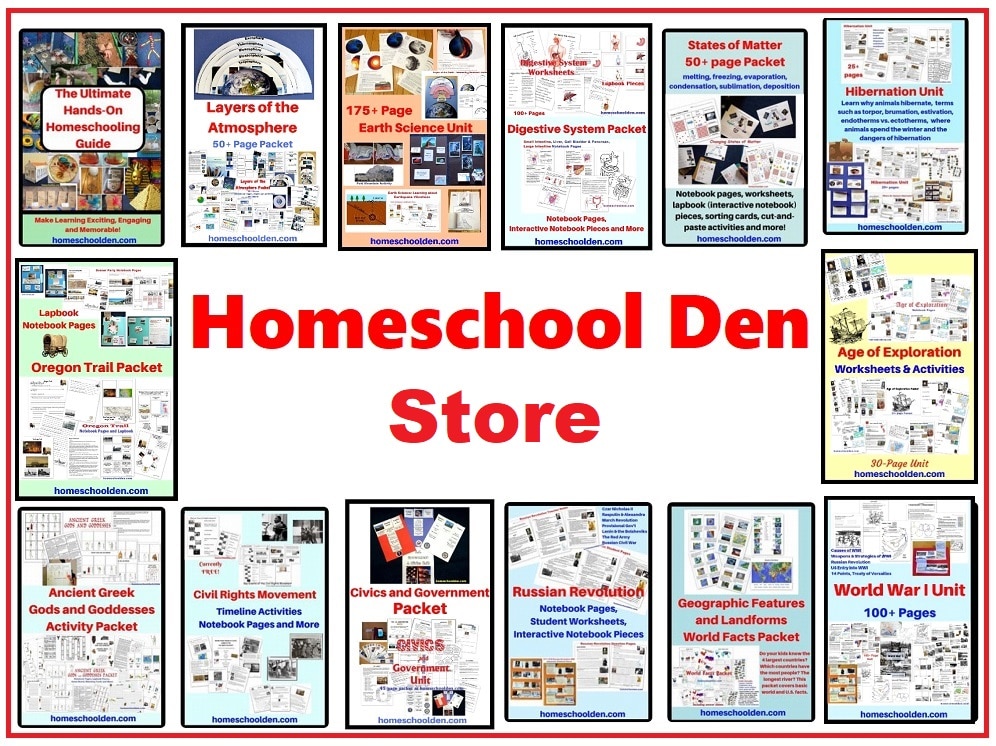
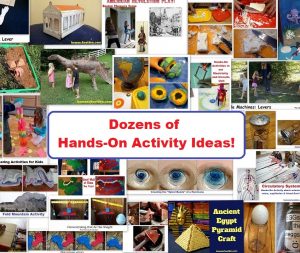


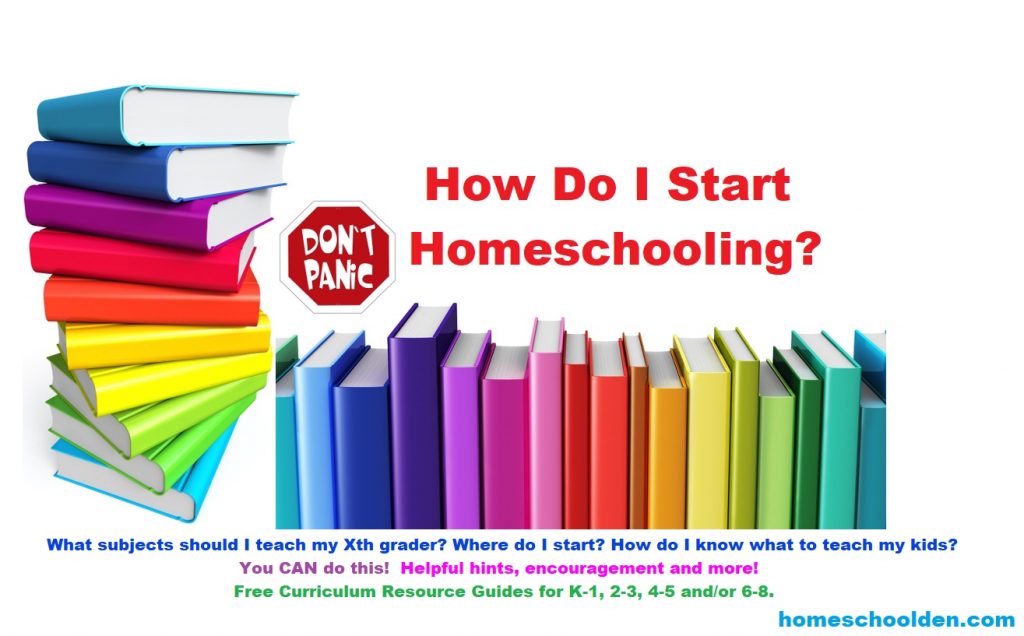
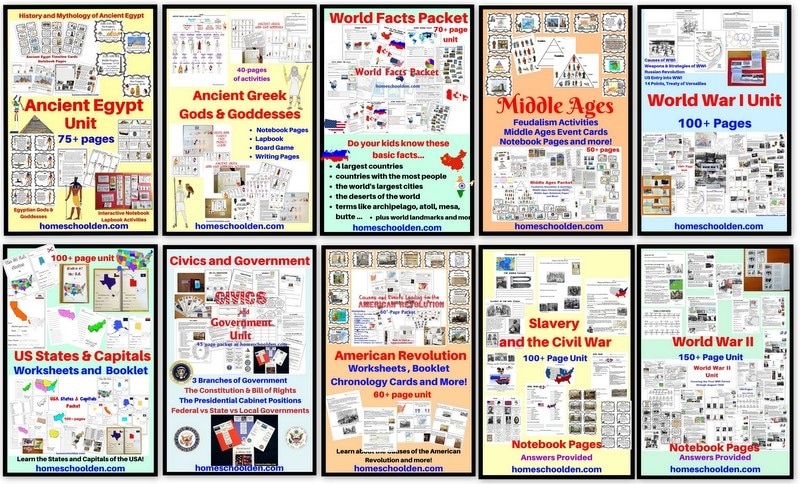
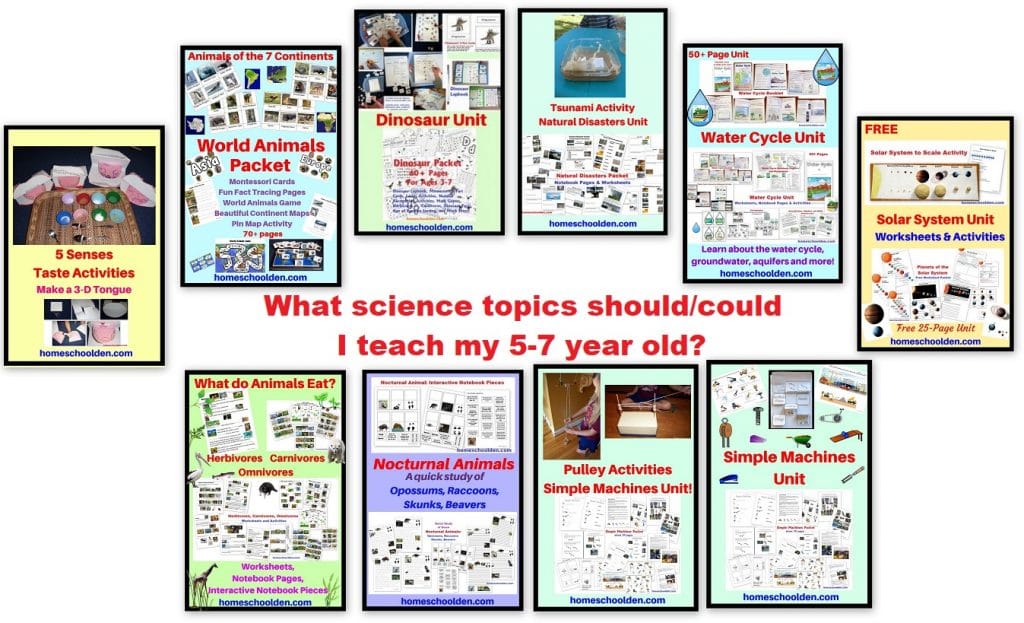

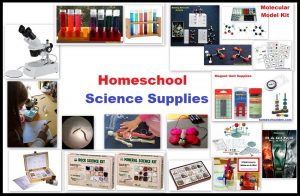
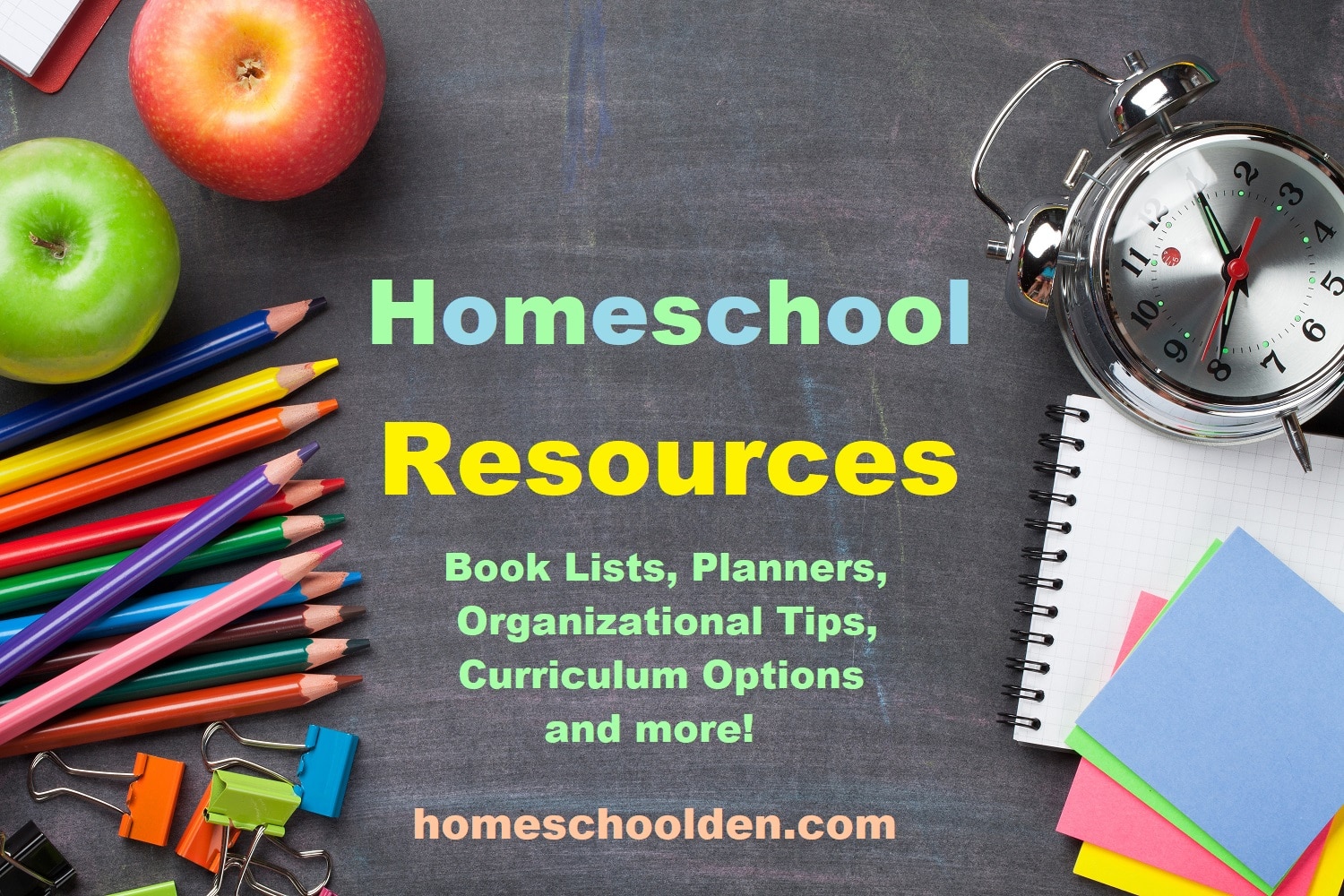

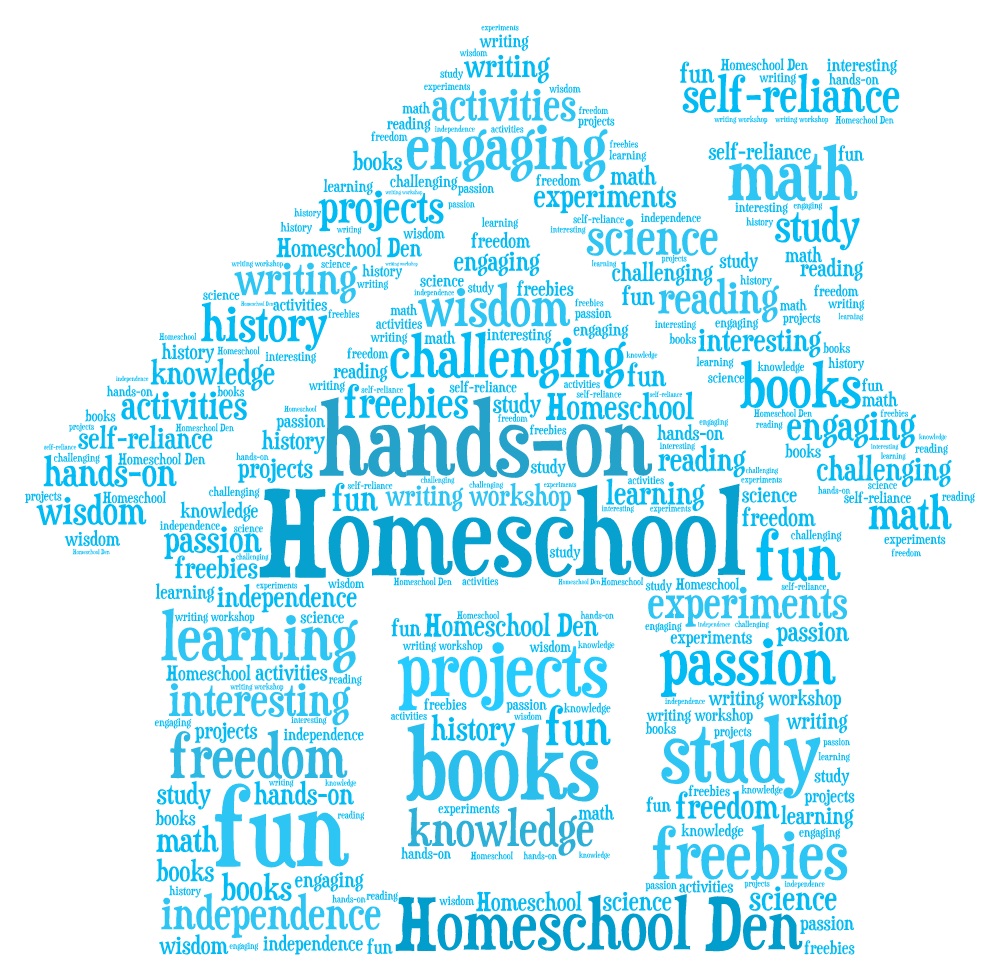

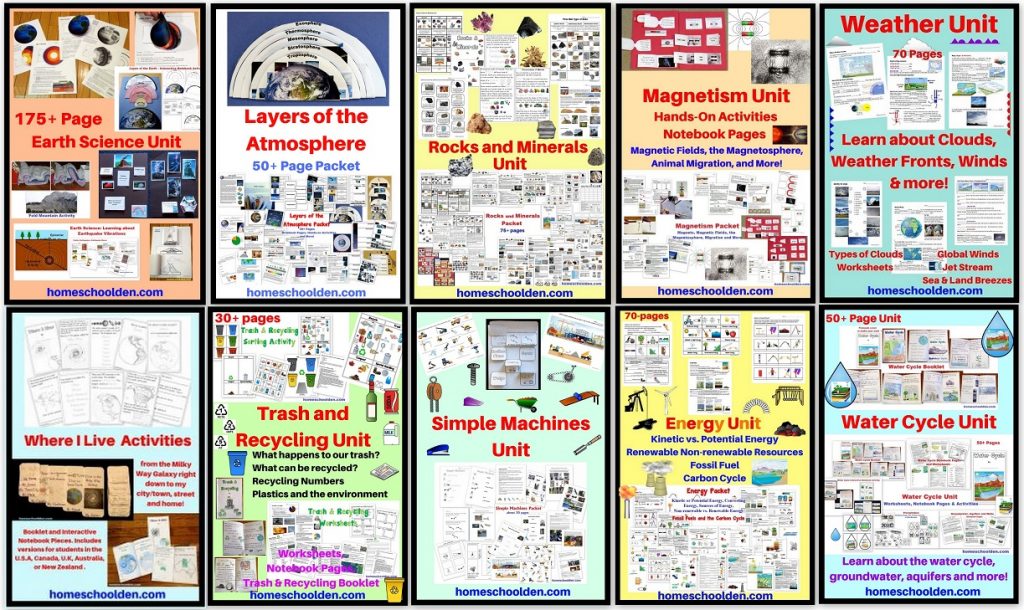

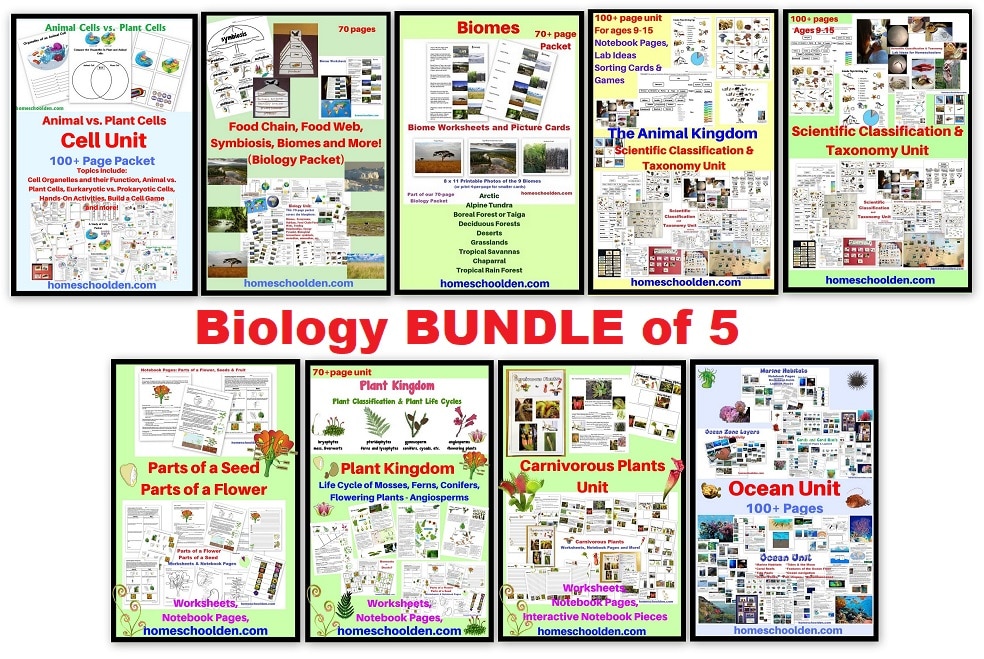
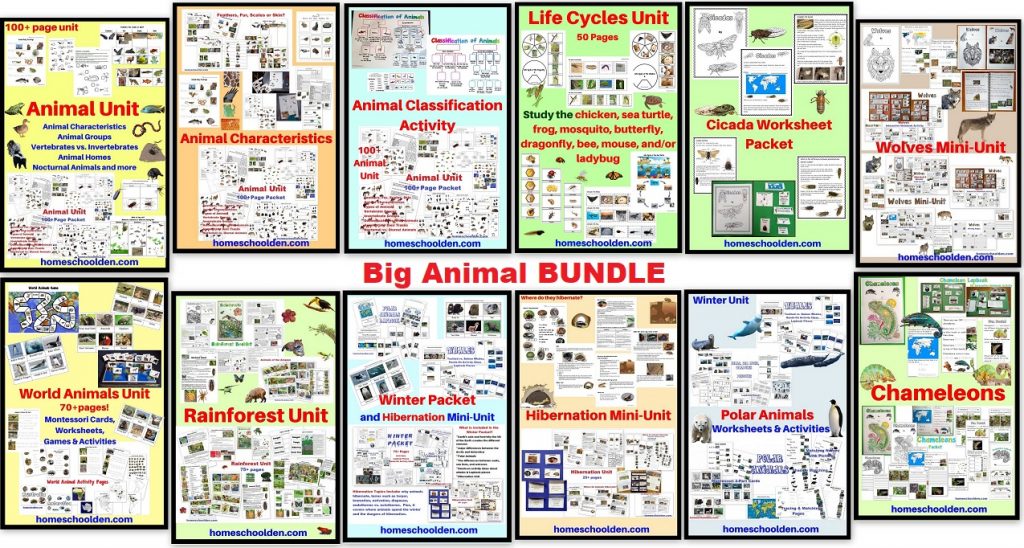




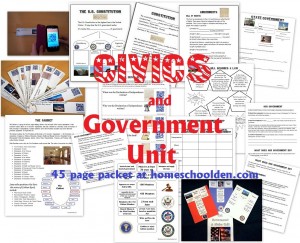
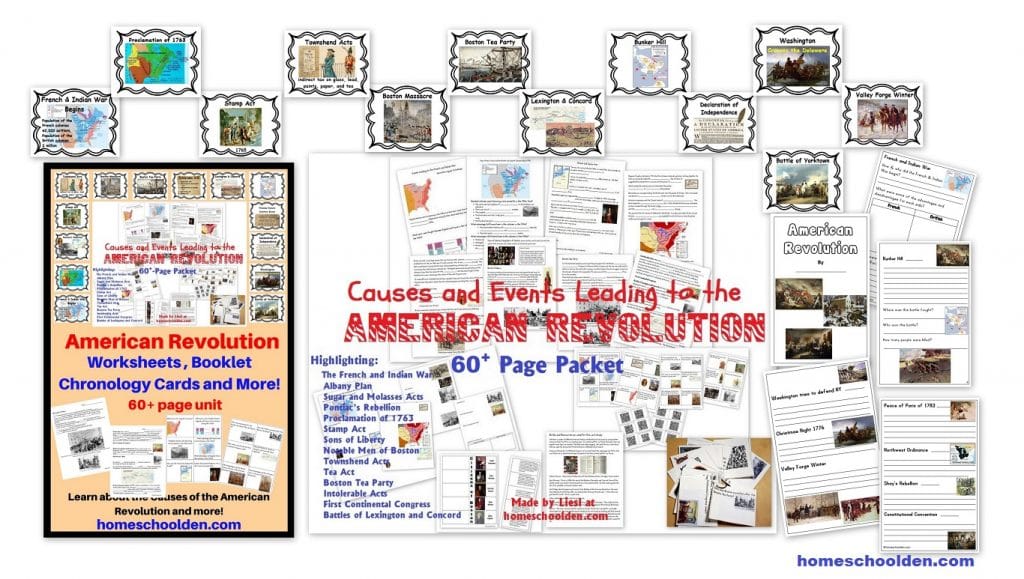


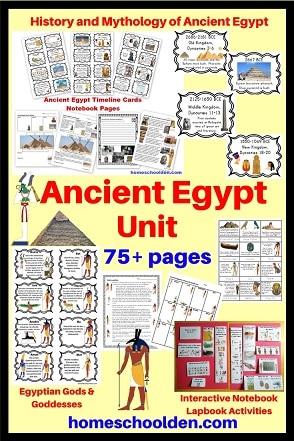
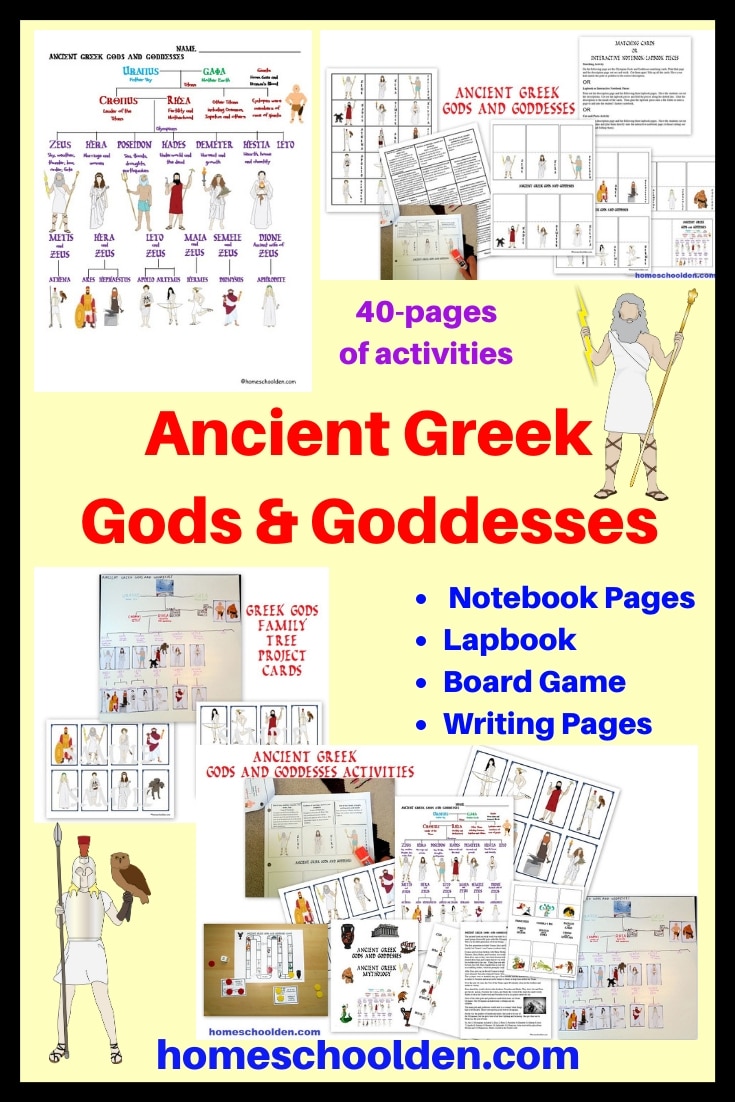




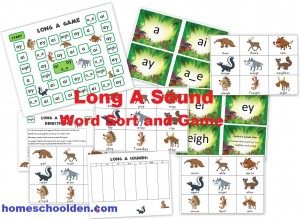
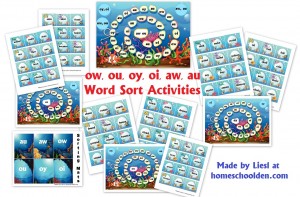
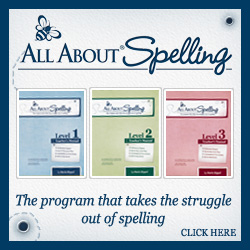
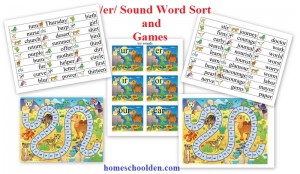
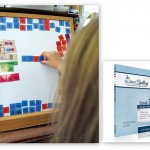
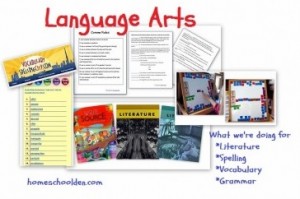
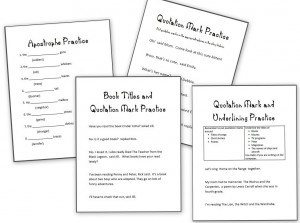

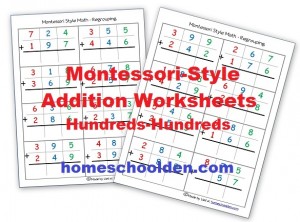
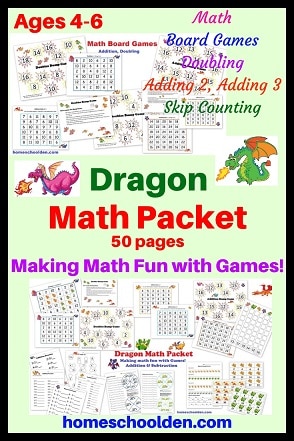
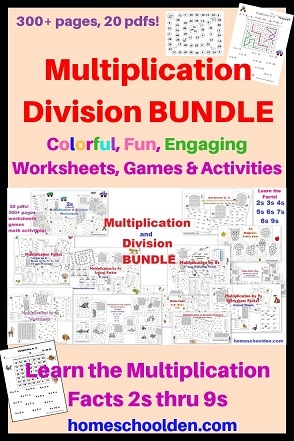
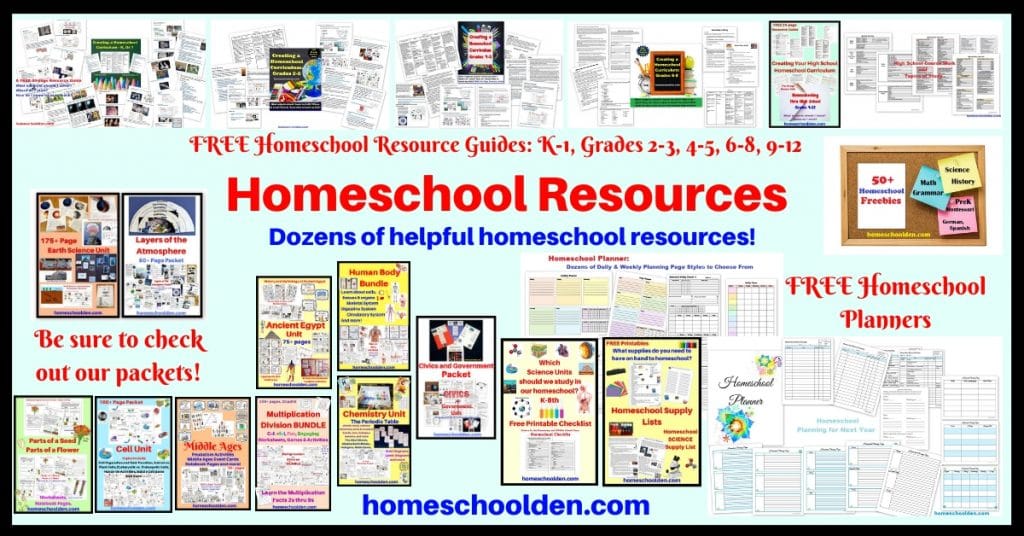
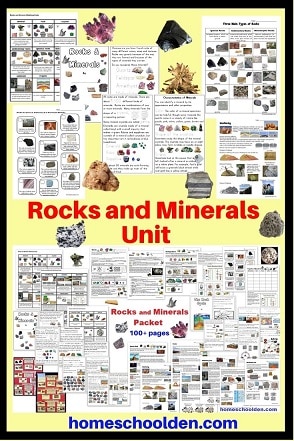

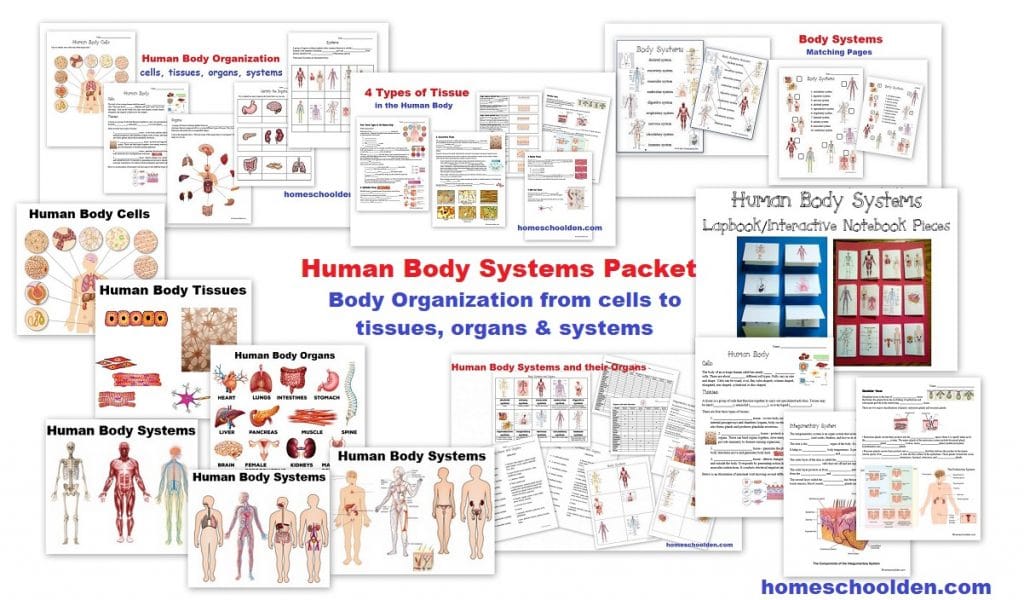
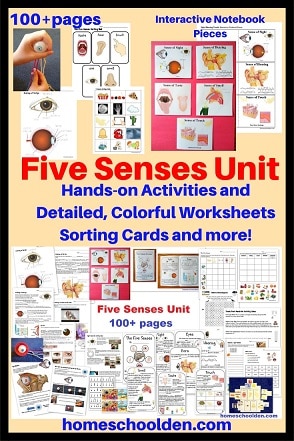
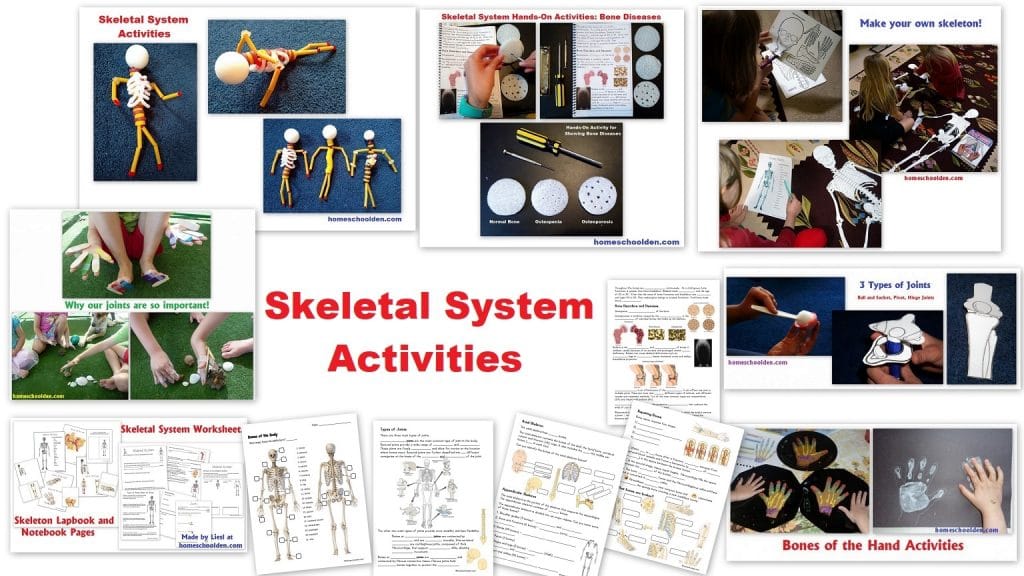
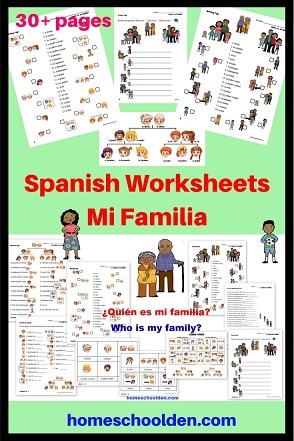

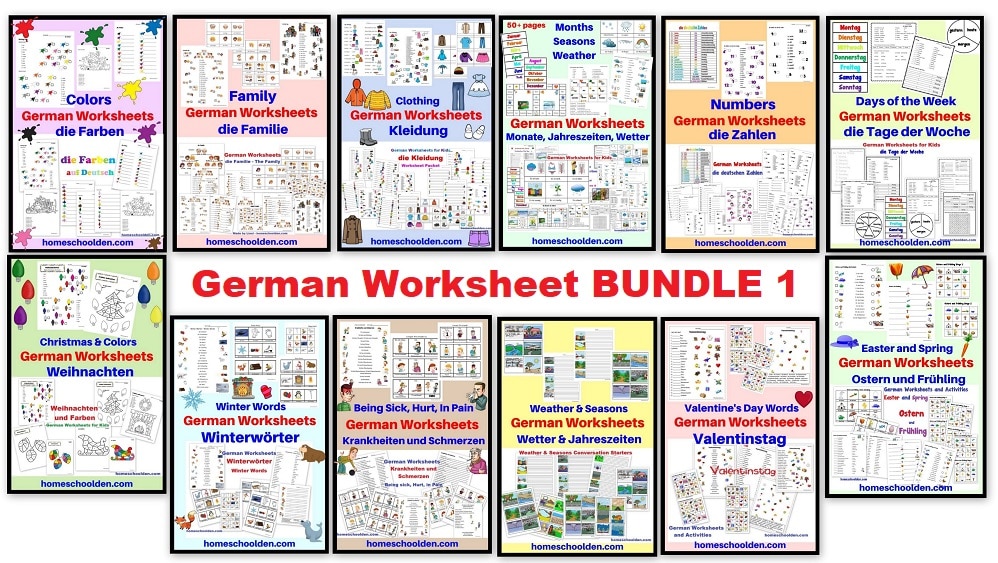
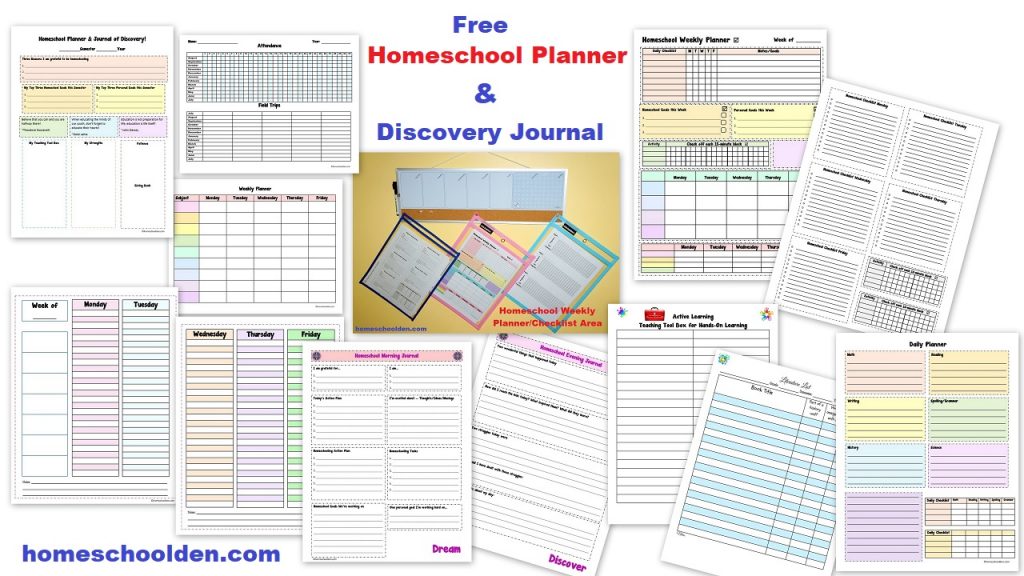
What a helpful post! I’m looking for ways to add more structure to my preschooler’s days, and your post has lots of ideas. May I ask what you’re using for her science?
Hi Jenny,
Up until this point I’ve always pulled our preschool science together using Montessori albums like the one at Moteaco. After years of pulling preschool science together on my own, I just wanted something that laid things out a little more clearly for me. This past semester I didn’t feel like I was moving forward with ED in any progressive way and was randomly pulling in experiments and activities.
After lots of searching/wondering/contemplating I bought Harcourt Science Grade 1 used off of Amazon. It has beautiful pictures and very little text on each page. For example, in the section on the 5 senses the page on sight says “Your sense of sight helps you learn how things look. What can the boy learn by looking at the fish?” 2/3 of the page has a picture of a boy looking at a goldfish in a bowl. When DD (age 6) saw ED’s book, she wanted one of her own and so I ordered her a used textbook (Harcourt Science) for Grade 2. I’m using ideas and structure from both these books (they’re laid out in a similar structure and cover slightly different topics). By that I mean I’m using the books as a spine. I’ll still use a very hands-on approach but now I can glance and know what to cover next. Hope that makes sense!
One last thing, I also ordered the workbooks but don’t recommend them for kids who aren’t writing comfortably. For DD, though (who loves to write) they’re really great. She was very excited by the text/workbook. I gave the book to DD and she can work on them whenever she wants but we have other plans for science for the older two (as you’ll see in another week or so when I write about my plans for her and LD.)
~Liesl
What a helpful post! I’m looking for ways to add more structure to my preschooler’s days, and your post has lots of ideas. May I ask what you’re using for her science?
Hi Jenny,
Up until this point I’ve always pulled our preschool science together using Montessori albums like the one at Moteaco. After years of pulling preschool science together on my own, I just wanted something that laid things out a little more clearly for me. This past semester I didn’t feel like I was moving forward with ED in any progressive way and was randomly pulling in experiments and activities.
After lots of searching/wondering/contemplating I bought Harcourt Science Grade 1 used off of Amazon. It has beautiful pictures and very little text on each page. For example, in the section on the 5 senses the page on sight says “Your sense of sight helps you learn how things look. What can the boy learn by looking at the fish?” 2/3 of the page has a picture of a boy looking at a goldfish in a bowl. When DD (age 6) saw ED’s book, she wanted one of her own and so I ordered her a used textbook (Harcourt Science) for Grade 2. I’m using ideas and structure from both these books (they’re laid out in a similar structure and cover slightly different topics). By that I mean I’m using the books as a spine. I’ll still use a very hands-on approach but now I can glance and know what to cover next. Hope that makes sense!
One last thing, I also ordered the workbooks but don’t recommend them for kids who aren’t writing comfortably. For DD, though (who loves to write) they’re really great. She was very excited by the text/workbook. I gave the book to DD and she can work on them whenever she wants but we have other plans for science for the older two (as you’ll see in another week or so when I write about my plans for her and LD.)
~Liesl
I just don’t see a point in homeschooling. It’s weird and complicates life for children later on. “what school did you attend before? – my mom’s kitchen table”. I mean, what’s wrong with normal schools? Our public school is scary as hell, even for me and I am a combat vet, so I put my kid in a private school and I teach him Russian by speaking only that at home, reading books and watching tv only in my native language. But I want to be his parent, not a teacher, and I want him to succeed in life, not have a stigma of a homeschooled child.
I can’t speak for everyone who homeschools because estimates are that there are well over 1.5 million children being homeschooled in the USA (3% of children). You can get some insight as to how and why others homeschool in my homeschool interview series (http://www.parents.com/blogs/homeschool-den/category/interviews-with-other-homeschoolers/ ).
As to why we homeschool, the number one reason has to do with the kind of education my kids can get in an intimate learning environment. We do much more hands-on learning than is possible in the average traditional classroom. I can tailor the kids’ education to their needs and abilities. While I keep very close tabs on national and state standards, I don’t have to teach to the test. I’ve had long talks with my friends who are public school teachers and many have complained that they just can’t do the kinds of projects and activities with their classes they used to because they have to cover all the material that will be on the tests at the end of the year. Our kids do take national tests and do well, but that’s not our goal with their education. We want the kids to have a passion for learning and to be excited about science, history, math and so forth. I also know the kids’ weaknesses and can work to build up skills in the areas they need.
We also love the closeness homeschooling allows our family. While the kids have a lot of outside activities and lots of playdates and friendships with others, they also have plenty of time with us and with each other. They play well together, learn well together and have a the kind of close bonds I had/have with my sister. If my husband works long hours (which he does fairly often), the kids can stay up to see him when he gets home and sleep in a bit. Since we can school anytime, we choose not to follow the traditional school schedules. For example, we started back to school last week because we have plans to travel as a family later in the fall when most kids are back in traditional school. We’re really lucky to have an amazingly supportive extended family (aunts, uncles, grandparents, great-aunts and great-uncles) who cheer the kids on and will always be there for them when they strike out on their own. Hopefully, the kids are well spoken, self confident and have a good sense of themselves when this journey is over.
We have to make certain sacrifices to homeschool (I gave up my professional career; we live on one salary; there’s very little time for myself; we’re here at home a lot being “creative” (ie. making a mess & doing creative projects); I work long hours to create a curriculum that works for each of my three children.) But I see other parents out there who work as hard or harder than I do to make their family/work/school life balance.
Homeschooling is not for everyone, but I’m so happy to live in a country where we can make the educational choices that suit our families best.
I just don’t see a point in homeschooling. It’s weird and complicates life for children later on. “what school did you attend before? – my mom’s kitchen table”. I mean, what’s wrong with normal schools? Our public school is scary as hell, even for me and I am a combat vet, so I put my kid in a private school and I teach him Russian by speaking only that at home, reading books and watching tv only in my native language. But I want to be his parent, not a teacher, and I want him to succeed in life, not have a stigma of a homeschooled child.
I can’t speak for everyone who homeschools because estimates are that there are well over 1.5 million children being homeschooled in the USA (3% of children). You can get some insight as to how and why others homeschool in my homeschool interview series (http://www.parents.com/blogs/homeschool-den/category/interviews-with-other-homeschoolers/ ).
As to why we homeschool, the number one reason has to do with the kind of education my kids can get in an intimate learning environment. We do much more hands-on learning than is possible in the average traditional classroom. I can tailor the kids’ education to their needs and abilities. While I keep very close tabs on national and state standards, I don’t have to teach to the test. I’ve had long talks with my friends who are public school teachers and many have complained that they just can’t do the kinds of projects and activities with their classes they used to because they have to cover all the material that will be on the tests at the end of the year. Our kids do take national tests and do well, but that’s not our goal with their education. We want the kids to have a passion for learning and to be excited about science, history, math and so forth. I also know the kids’ weaknesses and can work to build up skills in the areas they need.
We also love the closeness homeschooling allows our family. While the kids have a lot of outside activities and lots of playdates and friendships with others, they also have plenty of time with us and with each other. They play well together, learn well together and have a the kind of close bonds I had/have with my sister. If my husband works long hours (which he does fairly often), the kids can stay up to see him when he gets home and sleep in a bit. Since we can school anytime, we choose not to follow the traditional school schedules. For example, we started back to school last week because we have plans to travel as a family later in the fall when most kids are back in traditional school. We’re really lucky to have an amazingly supportive extended family (aunts, uncles, grandparents, great-aunts and great-uncles) who cheer the kids on and will always be there for them when they strike out on their own. Hopefully, the kids are well spoken, self confident and have a good sense of themselves when this journey is over.
We have to make certain sacrifices to homeschool (I gave up my professional career; we live on one salary; there’s very little time for myself; we’re here at home a lot being “creative” (ie. making a mess & doing creative projects); I work long hours to create a curriculum that works for each of my three children.) But I see other parents out there who work as hard or harder than I do to make their family/work/school life balance.
Homeschooling is not for everyone, but I’m so happy to live in a country where we can make the educational choices that suit our families best.
I started Tyler homeschooling, he is 3 and already reading, writing, etc.. working at kindergarten level. My husband is all for homeschooling, but has issues about his socialization, We adopted Tyler at birth, we are older parents, 58 and 68 not old mind u just older!! lol We live in a town that has nothing!! No pool, no kids programs, a tiny library, not alot for a 3 yr old to do. He goes to church, and sees kids there, but during the week most of them are in daycare so it is hard to have playdates. any ideas?
That’s hard. When our son was about that age he was pretty advanced too. We lived in a very isolated town in Australia. All of our friends sent their kids to preschool at age 4 (it’s state funded there). For that same reason it was hard even to have playdates. We did the best we could, but at times it was hard choosing the homeschooling route. For that reason he did lots of extras (swim lessons, kindermusik, tried gymnastics, went to local playgrounds, and squeezed in as many playdates as we could on the weekends and stuff). I was lucky to have an amazing set of friends at that point and we got the kids together when we could. I can only say that it was easier to find social outlets as the kids got older. Now we have the opposite problem — we have to guard our time (from playdates, homeschool group activities/opportunities, sports, etc.) to make sure we have the uninterrupted time to do our school work/activities/projects.
Also keep in mind that the end-game of socialization is having self confident, well adjusted, happy children who will make good choices. Learning those skills doesn’t have to happen in a school setting. Some studies have actually shown that homeschooled children are doing better than their peers in areas such as communication, socialization and maturity. You might want to look at the chart I posted a while back — at this post about some of the successes of homeschooling and specifically mentions socialization at the bottom of the chart… http://www.parents.com/blogs/homeschool-den/2012/05/09/must-read/lets-talk-about-homeschooling-successes/
I’m not sure I offered much practical advice, but I feel for you being in a small town.
Liesl
I started Tyler homeschooling, he is 3 and already reading, writing, etc.. working at kindergarten level. My husband is all for homeschooling, but has issues about his socialization, We adopted Tyler at birth, we are older parents, 58 and 68 not old mind u just older!! lol We live in a town that has nothing!! No pool, no kids programs, a tiny library, not alot for a 3 yr old to do. He goes to church, and sees kids there, but during the week most of them are in daycare so it is hard to have playdates. any ideas?
That’s hard. When our son was about that age he was pretty advanced too. We lived in a very isolated town in Australia. All of our friends sent their kids to preschool at age 4 (it’s state funded there). For that same reason it was hard even to have playdates. We did the best we could, but at times it was hard choosing the homeschooling route. For that reason he did lots of extras (swim lessons, kindermusik, tried gymnastics, went to local playgrounds, and squeezed in as many playdates as we could on the weekends and stuff). I was lucky to have an amazing set of friends at that point and we got the kids together when we could. I can only say that it was easier to find social outlets as the kids got older. Now we have the opposite problem — we have to guard our time (from playdates, homeschool group activities/opportunities, sports, etc.) to make sure we have the uninterrupted time to do our school work/activities/projects.
Also keep in mind that the end-game of socialization is having self confident, well adjusted, happy children who will make good choices. Learning those skills doesn’t have to happen in a school setting. Some studies have actually shown that homeschooled children are doing better than their peers in areas such as communication, socialization and maturity. You might want to look at the chart I posted a while back — at this post about some of the successes of homeschooling and specifically mentions socialization at the bottom of the chart… http://www.parents.com/blogs/homeschool-den/2012/05/09/must-read/lets-talk-about-homeschooling-successes/
I’m not sure I offered much practical advice, but I feel for you being in a small town.
Liesl